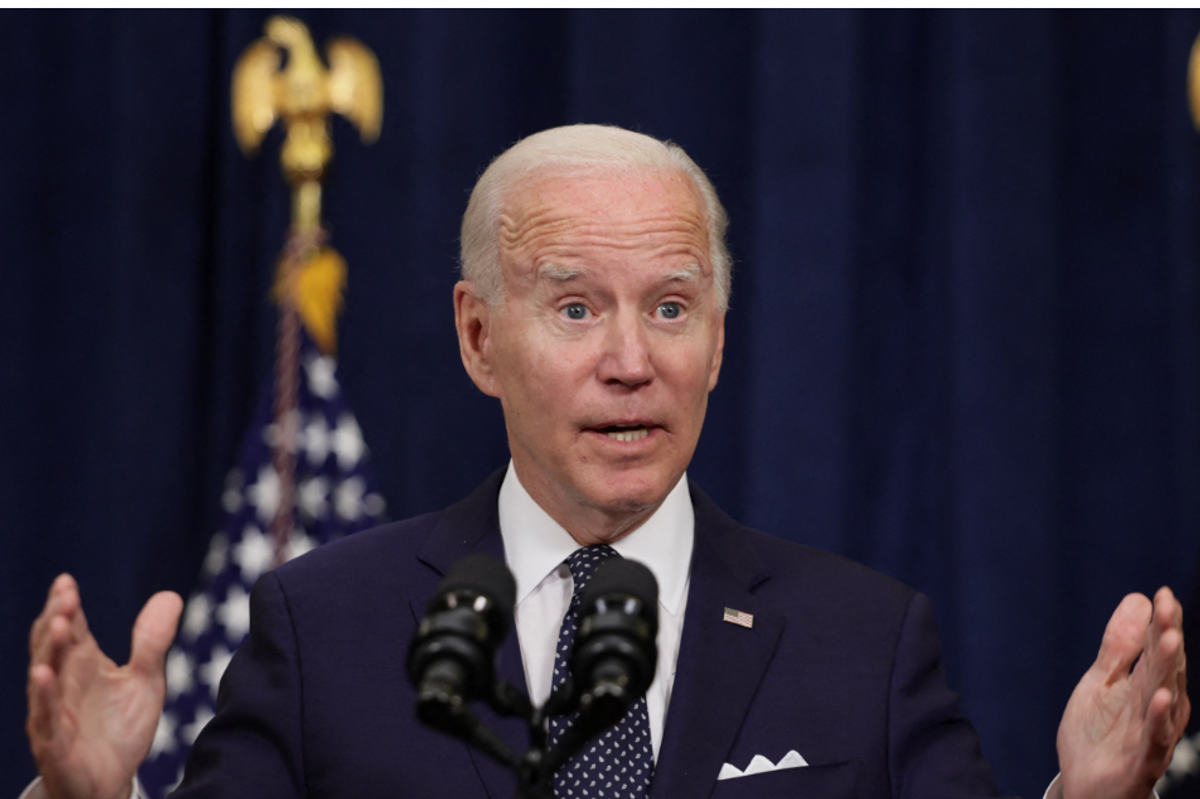WASHINGTON (AP) — The Obama administration’s signature health overhaul law, under relentless assault by Republicans, has suffered its first major casualty — a long-term care insurance plan.
The program, expected to launch in 2012, had been dogged from the beginning by doubts over its financial solvency.
Proponents, including many groups that fought to pass the health care law, have vowed a vigorous effort to rescue the program, insisting that Congress gave the administration broad authority to make changes. Long-term care includes not only nursing homes, but such services as home health aides for disabled people.
“This is a victory for the American taxpayer and future generations,” said Sen. John Thune, R-S.D., spearheading opposition in the Senate. “The administration is finally admitting (the long-term care plan) is unsustainable and cannot be implemented.”
Known as CLASS, the Community Living Assistance Services and Supports program was a long-standing priority of the late Sen. Edward M. Kennedy, D-Mass.
Although sponsored by the government, it was supposed to function as a self-sustaining voluntary insurance plan, open to working adults regardless of age or health. Workers would pay an affordable monthly premium during their careers and could collect a modest daily cash benefit of at least $50 if they became disabled later in life. The money could go for services at home or to help with nursing home bills.
But a central design flaw dogged CLASS. Unless large numbers of healthy people willingly sign up during their working years, soaring premiums driven by the needs of disabled beneficiaries would destabilize it, eventually requiring a taxpayer bailout.
After months insisting that could be fixed, Health and Human Services Secretary Kathleen Sebelius finally acknowledged Friday she doesn’t see how.
“Despite our best analytical efforts, I do not see a viable path forward for CLASS implementation at this time,” Sebelius said in a letter to congressional leaders.
The law required the administration to certify that CLASS would remain financially solvent for 75 years before it could be put into place.
But officials said they discovered they could not make CLASS both affordable and financially solvent while keeping it a voluntary program open to virtually all workers, as the law also required.
Monthly premiums would have ranged from $235 to $391, even as high as $3,000 under some scenarios, the administration said. At those prices, healthy people were unlikely to sign up. Suggested changes aimed at discouraging enrollment by people in poor health could have opened the program to court challenges, officials said.
“If healthy purchasers are not attracted … then premiums will increase, which will make it even more unattractive to purchasers who could also obtain policies in the private market,” Kathy Greenlee, the lead official on CLASS, said in a memo to Sebelius. That “would cause the program to quickly collapse.”
That’s the same conclusion a top government expert reached in 2009. Nearly a year before the health care law passed, Richard Foster, head of long-range economic forecasts for Medicare, warned administration and congressional officials that CLASS would be unworkable. His warnings were disregarded, as President Barack Obama declared his support for adding the long-term care plan to his health care bill.
The demise of CLASS immediately touched off speculation about its impact on the federal budget. Although no premiums are likely to be collected, the program still counts as reducing the federal deficit by about $80 billion over the next 10 years. That’s because of a rule that would have required workers to pay in for at least five years before they could collect any benefits.
“The CLASS Act was a budget gimmick that might enhance the numbers on a Washington bureaucrat’s spreadsheet but was destined to fail in the real world,” said Senate Republican leader Mitch McConnell of Kentucky.
Administration officials said Obama’s next budget would reflect the decision not to go forward. Even without CLASS premiums, they said the health care law will still reduce the deficit by more than $120 billion over 10 years.
Kennedy’s original idea was to give families some financial breathing room. Most families cannot afford to hire a home health aide for a frail elder, let alone pay nursing home bills. Care is usually provided by family members, often a spouse who may also have health problems.
“We’re disappointed that (Sebelius) has prematurely stated she does not see a path forward,” AARP, the seniors lobby, said in a statement. “The need for long-term care will only continue to grow.”
Sebelius said the administration wants to work with Congress and supporters of the program to find a solution. But in a polarized political climate, it appears unlikely that CLASS can be salvaged. Congressional Republicans remain committed to its repeal.


